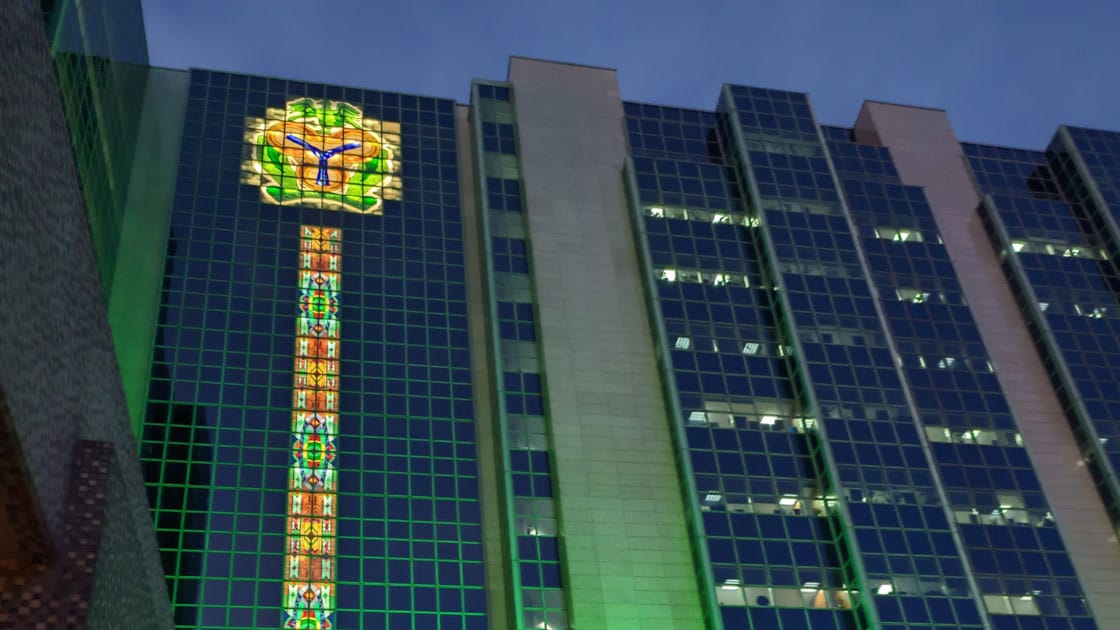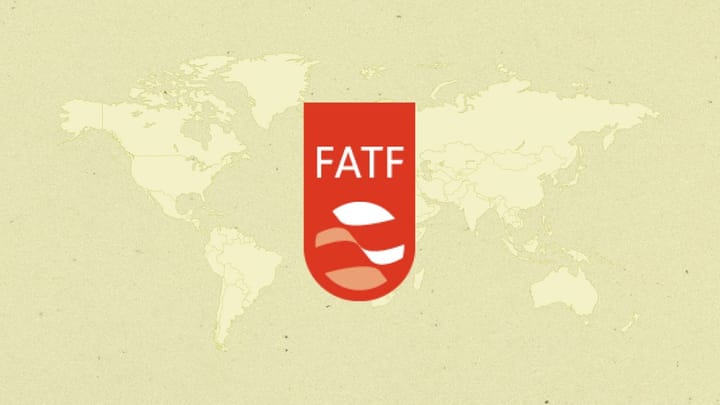Central Bank of Nigeria to tackle inflation by mopping up excess liquidity in banking system
Cardoso said that the previous CBN administration deployed unorthodox policies, resulting in an uptick in inflation.

The Central Bank of Nigeria (CBN) has recently tightened its monetary policy and will continue to do so over the next two quarters.
According to the CBN governor, Olayemi Cardoso, the objective is to reduce excess liquidity in the banking sector, consequently curbing inflation.
The details
- Cardoso, speaking to Nigerian bankers at a dinner for the Chartered Institute of Bankers of Nigeria (CIBN), said the CBN needs to regain its image after its previous leadership had soiled it.
- According to him, the Bank had been brought into disrepute through its activities under his predecessor, Godwin Emefiele.
- Under the leadership of Emefiele, the administration employed unconventional tools and ventured into fiscal activities, deviating from its primary role of formulating monetary policy.
- According to Cardoso, the Bank injected 10 trillion naira into the economy, leading to the oversaturation of cash.
- This influx contributed to rising inflation and hindered the effective transmission of monetary policy, he said.
Key quotes
- Cardoso said:
“I am aware that events over the past few years have also put the CBN in a bad light. These issues can be attributed to various factors, such as corporate governance failures, diminished institutional autonomy of the [CBN], a deviation from the core mandate of the Bank, unorthodox use of monetary tools, an inefficient and opaque foreign exchange market that hindered clear access and a foray into fiscal activities under the cover of development finance activities.”
Zoom in
- To address the excess liquidity, the CBN governor said the Bank deployed some measures, including a recent open market operation (OMO) auction that was oversubscribed by 350 billion naira. He added that another OMO is set to take place imminently.
- The Bank also offered 108 billion naira in treasury bills to the public.
Be smart: Treasury bills offer a way for governments to acquire cash over a specific period. They are short-term debt securities sold by a central bank at a lower price and paid out in full when their maturity period has elapsed.
Why it matters
- Cardoso said these policies helped the CBN reduce liquidity in Nigeria’s banking system to less than 100 billion naira in November, with inflation levels growing marginally slower in the same period.
- Other reports stated earlier that Nigerian banks deposited 2.41 trillion naira of excess liquidity with the CBN within 13 days to earn interest through the CBN’s standard deposit facility.
- In October, banks deposited 2.95 trillion naira with the CBN, a 273% increase from the month before.
- Excess liquidity implies that banks have more cash to lend to the public. Inflation levels have risen consistently with the banking system’s liquidity level.
- Also, a tighter monetary policy causing a reduction in liquidity could see less consumption and less borrowing, causing inflation levels to cool down.
- The CBN plans to keep monetary policy tight over the next two quarters as it looks to slow down inflation levels, which rose to 27.33% in October.
Zoom out
- Since Nigeria’s new administration assumed power in May, it has deployed drastic economic measures to arrest inflation and stimulate growth. These policies have, however, seen the naira decline more than 40% against the United States dollar.
- Last month, Nigeria’s finance minister, Wale Edun, announced that the country was expecting funds to boost forex liquidity, and it was also looking to implement forex reforms to arrest the free-falling naira.



